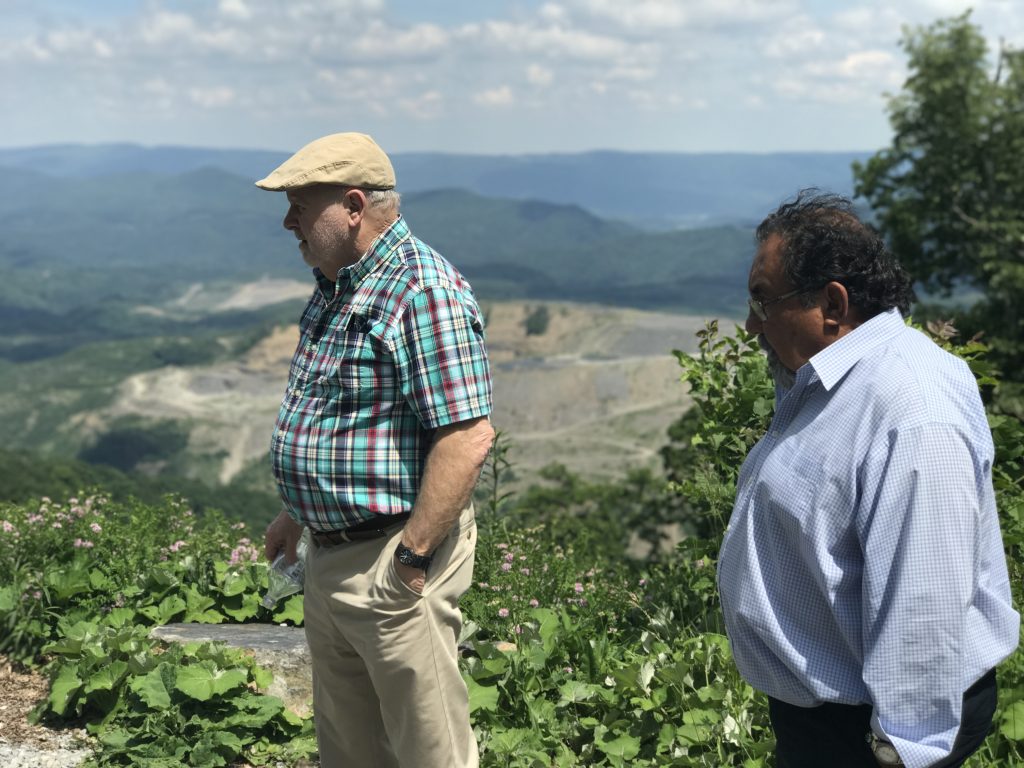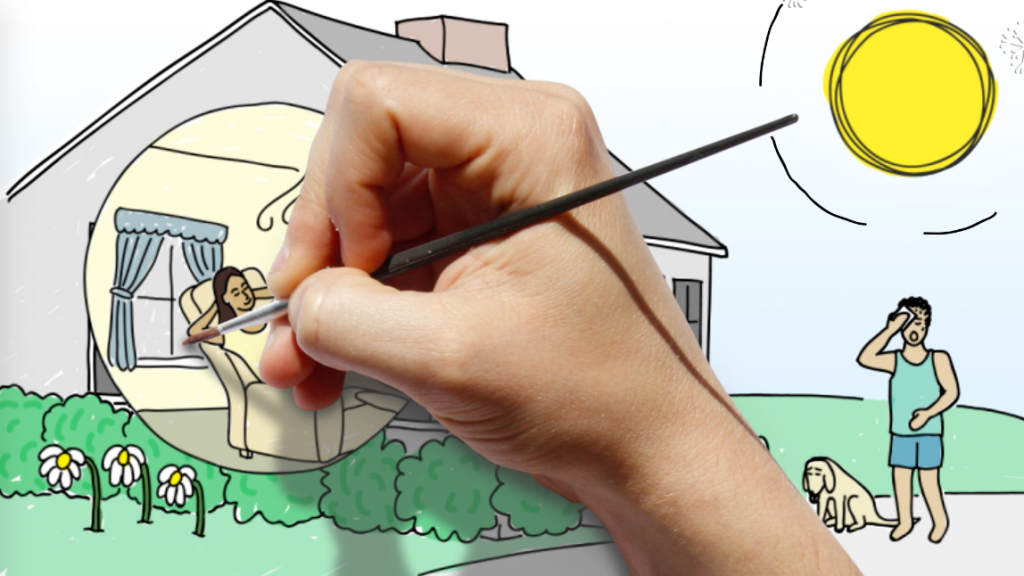Front Porch Blog
Updates from Appalachia

Citizens discuss environmental threats and economic priorities during Congressman’s visit
People from coal-impacted communities across Central Appalachia recently gathered in Wise County, Va., to share their concerns and ideas with U.S. Representative Raúl Grijalva.
All the ways this White House props up coal
The coal lobby’s influence over the White House is a given at this point — as is the White House’s willingness to put its finger on the scale in favor of our dirtiest, most carbon-packed energy sources.
Got 90 seconds? Learn how your electric utility can save you money and energy
What if your home could be fixed up so that you’re cool in the middle of summer, warm in winter, and you have more money every year for things you need? See our new 90-second video and learn how.
Governor McAuliffe announces cap on carbon pollution in Virginia
In the face of a federal administration bent on rolling back key environmental protections and ignoring climate science, Governor McAuliffe took bold action Tuesday to limit greenhouse gas pollution in Virginia.
20 years of action, innovation and collaboration
Appalachian Voices is celebrating two decades of bringing people together to stand up for the mountains, for clean rivers and drinking water, for farms, forests and wildlife, and for healthy communities across the Appalachian region.






